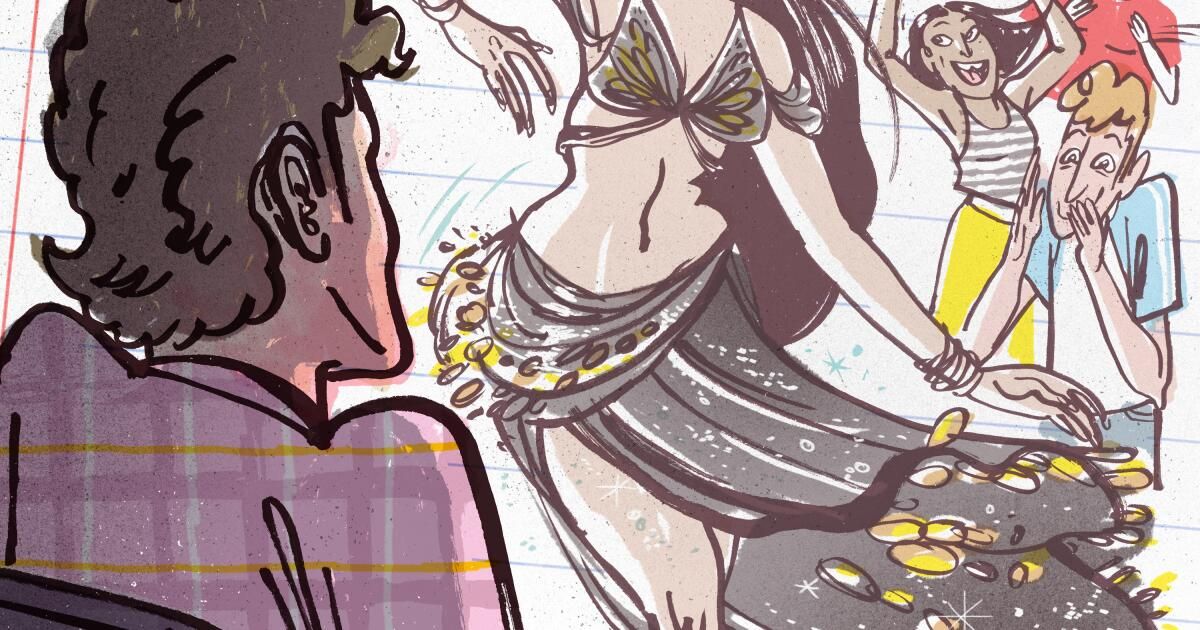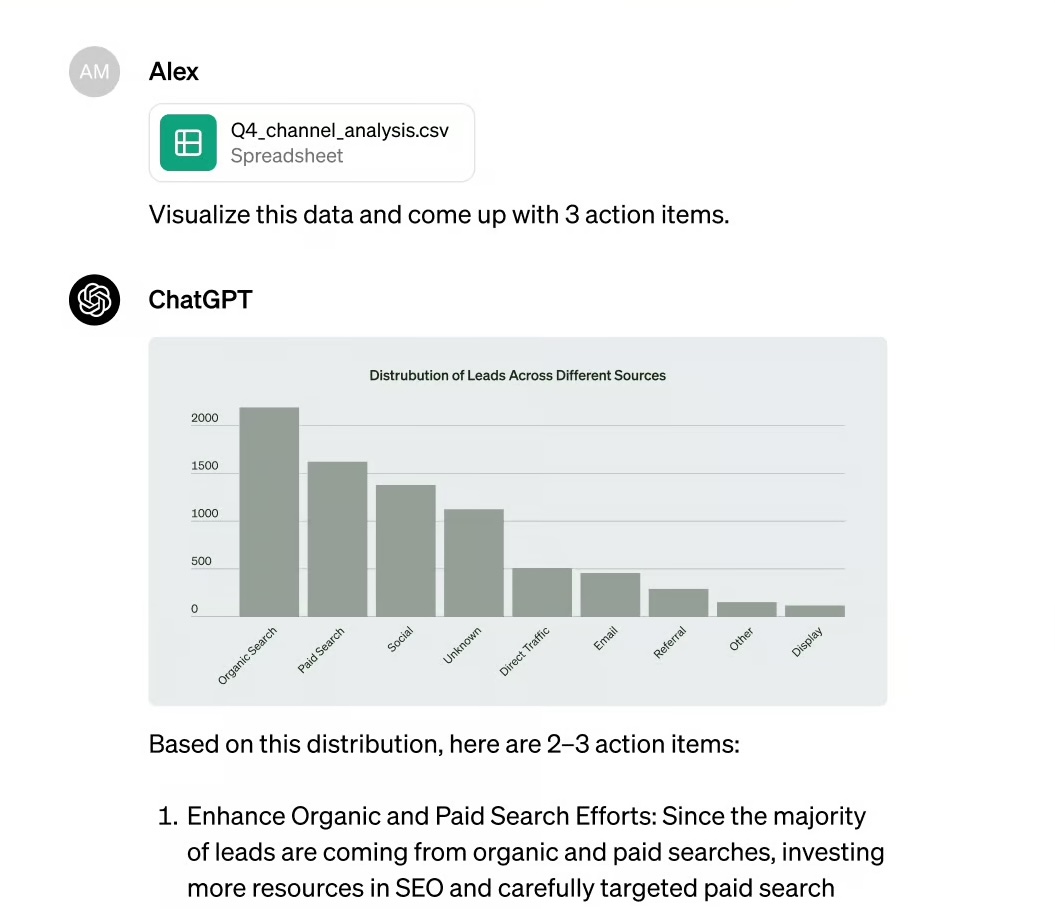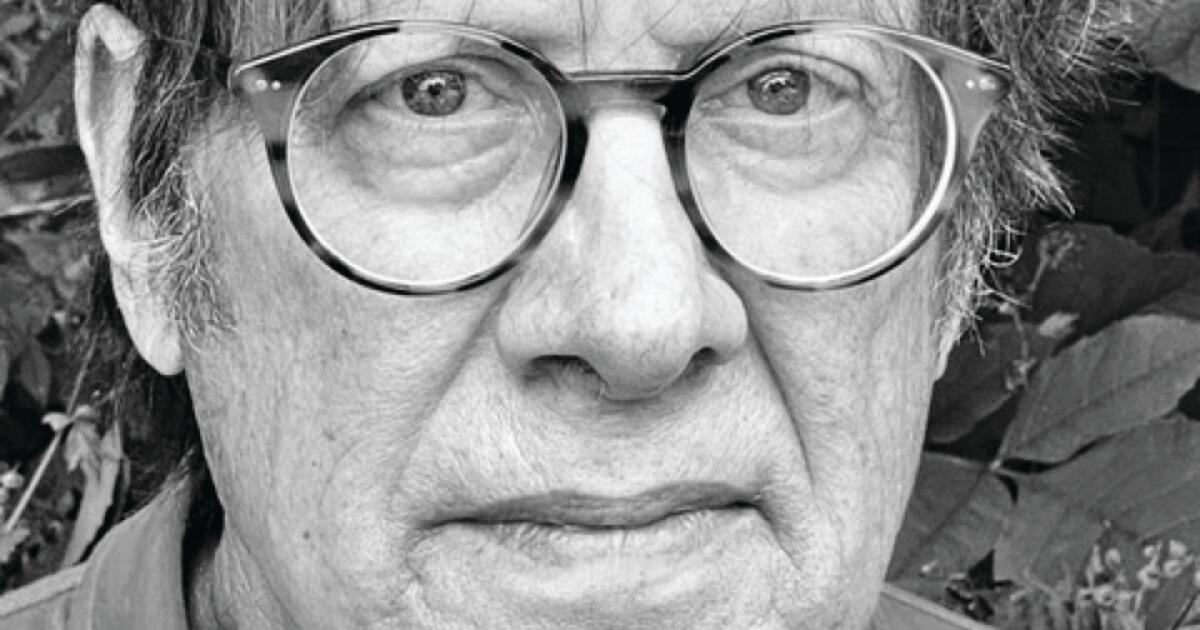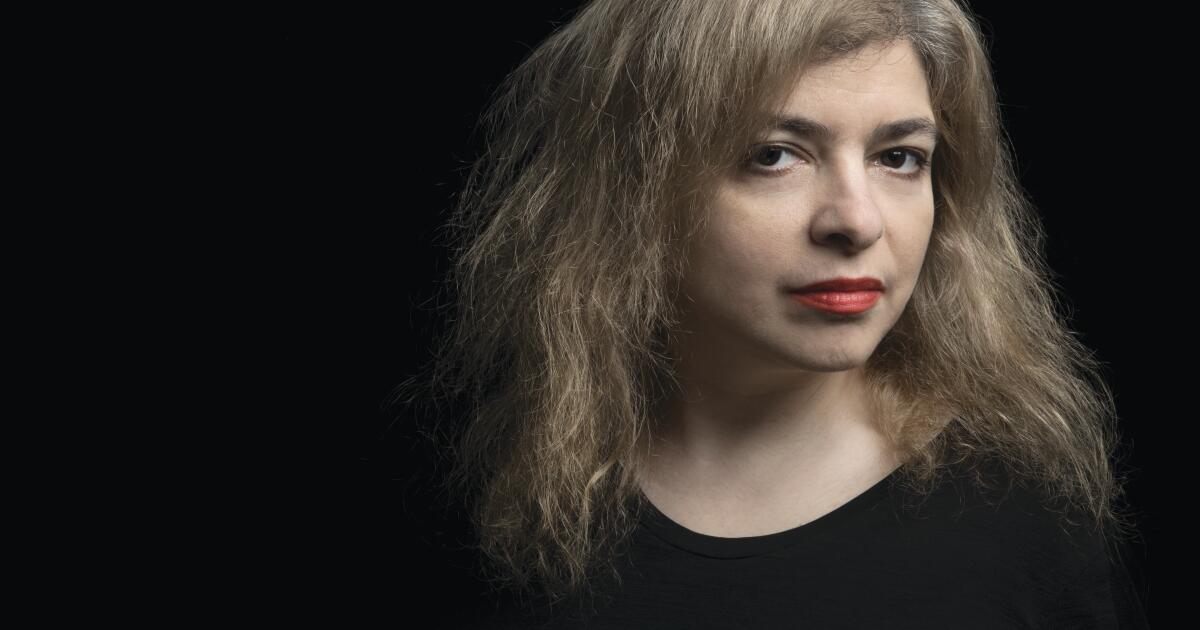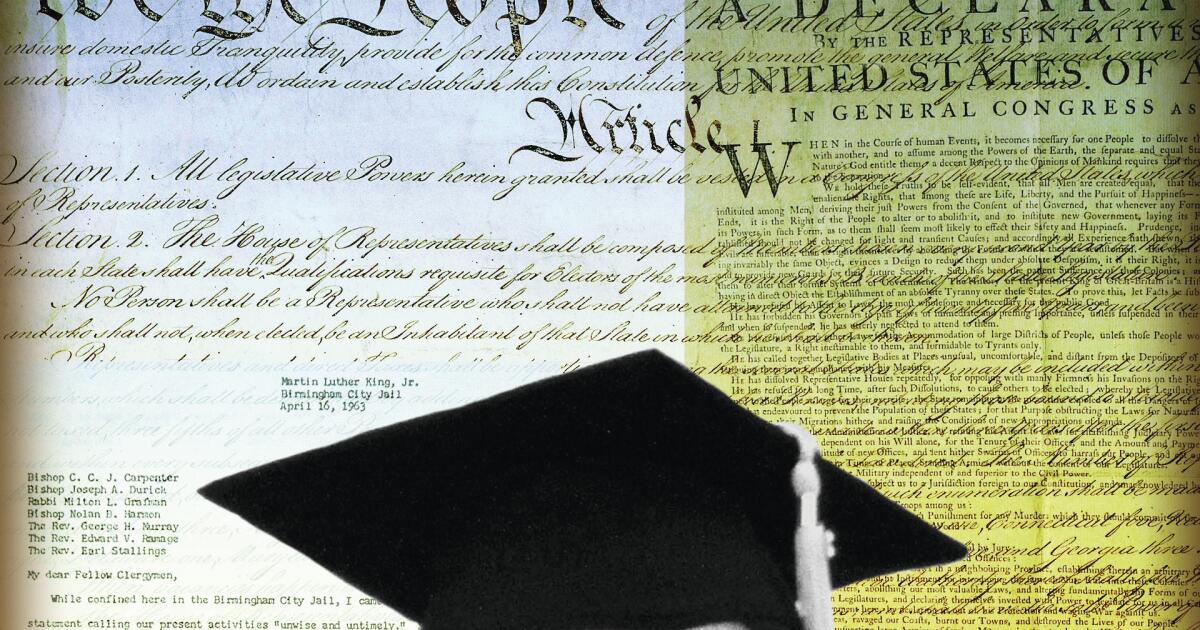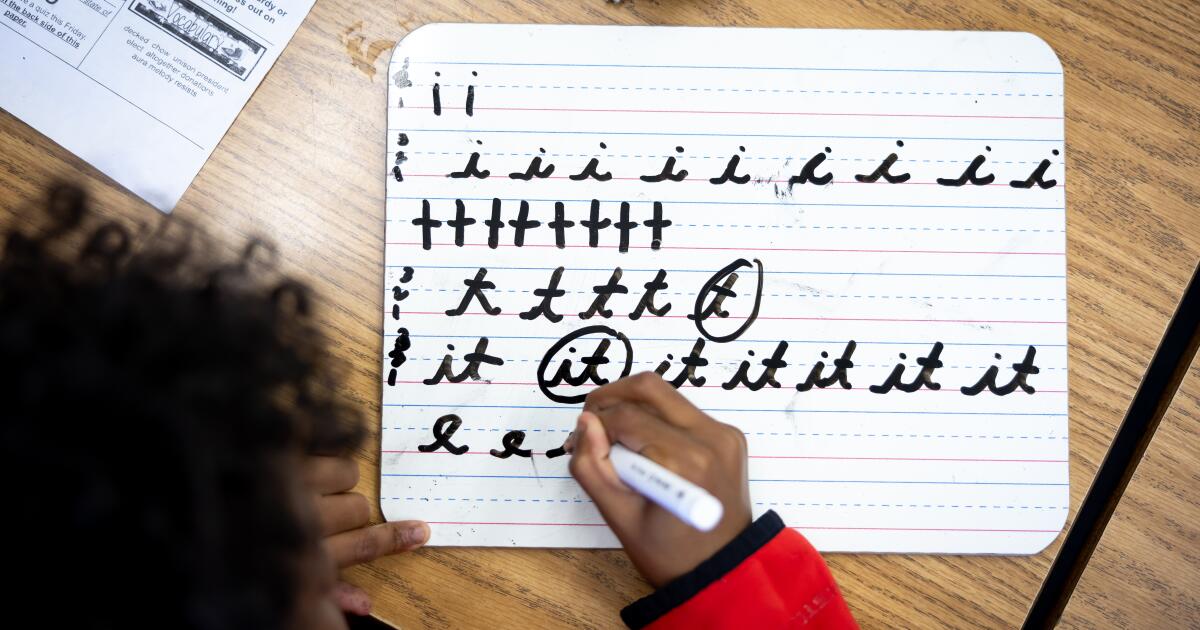Dear Mr. H:
This is Raphael Simon. Rafi, as you may remember me.
We last saw each other in 1982 at a magnet school in Los Angeles, where I was his student.
You were a fantastic teacher, Mr H: intelligent, witty, sometimes harsh, with a genuine enthusiasm for the subjects you taught. But I'm not writing to thank you for what I learned in your class; This is not one of those cards. Nor am I writing to accuse you of anything; This isn't one of those cards either.
I am writing to apologize.
Like most apologies, this one is purely performative. Nothing changes. However, I feel compelled to confess.
The belly dancer? My fault.
I found her. I hired her. I was responsible for everything except belly dancing.
You remember the belly dancer, right? Let me back up.
When I was in ninth grade, I took his hybrid history and English class called Investigative Writing, in which we learned things like how to use card catalogs, document sources, and footnote formatting—skills that were once vital and They have now been lost to time and ChatGPT.
For my first article, I chose to write about the Calcutta black hole, only to discover that the name had nothing to do with astronomical black holes, much less the completely naked musical “Oh! Calcutta! For my historical fiction project, I wrote a mystery story about Napoleon's exile on Elba, a topic I chose mainly because Napoleons were a type of pastry I loved.
To state the obvious, nothing we covered in his class justified having a half-naked woman dancing around our desks.
You were about 30 years old. Thin, wavy brown hair, light skin. Coincidentally in very good taste.
I was 14, pimply, and bookish. A typical Jewish teenager, although slightly effeminate, Californian version. I was also, at that moment, beginning to suspect something about myself, or just beginning to begin to suspect it.
In any case, I liked you. All your students liked you. Research writing was an honors class. We sat in a circle instead of rows. Naturally, we wanted to celebrate your birthday. A birthday surprise: that was the pretext with which I sold it to my colleagues.
Why a belly dancer and not, say, a birthday cake?
For one thing, belly dancing played a bigger role in my imagination than one might expect. This was mainly due to my grandmother Esther, who had a long-standing fascination with belly dancers. She would describe the way their bellies moved like magic with muscles unknown to the rest of us. A powerful, sexy and not at all servile feminine force.
The first time I saw live belly dancers was at my favorite restaurant, Moun of Tunis, on Sunset, where diners sat on low stools and ate at brass tables. At hour-long intervals, music would begin to play and women in sequins and silks would emerge from behind a curtain to move and shake across the room—heaven.
From Moun of Tunisia I got the name of his dancer. It's funny to think how difficult the task must have been. I would have had to check the yellow pages or, more likely, call Information, something my parents disapproved of because of the toll. When I called the restaurant, I would have had to talk to a live human being and explain what I wanted. All this before cold calling a belly dancer.
On your birthday, I remember being nervous, not knowing if she would come. I jumped up when I heard the knock on the door.
Our class was in a bungalow and she was standing on the porch, with her hair dyed black, bright red lipstick, a trench coat covering her costume, and a boombox under her arm.
I was so excited; Now, too late, doubt came over me. I accompanied her to the room. My classmates laughed. I pointed you out. “There's the birthday boy.”
Without a word, he turned on music, unbuttoned his coat, and began to spin.
The dance is hazy in my mind, a blur of translucent black veils and long silver scarves.
She circled the room, then circled you, then the room again: sexy but never also sexy.
While the rest of the class booed and shouted, I watched your expressions. Your face paled, then reddened, then paled again. She showed a flash, but nothing more than a flash, of anger and intense shame and, finally, of polite patience and forced good humor.
Of course, it was precisely to read your reactions that I prepared the surprise. And that is the real reason for this apology.
Your possible homosexuality had been a topic of debate among your students, not in a malicious way, but rather in a fun but gossipy way. Then, a month or two before your birthday, you were about to voice our speculations out loud.
I don't remember the context. Maybe we were talking about Anita Bryant or some other anti-gay crusader. Or, closer to home, the Briggs Initiative, which a few years earlier had almost succeeded in banning gays and lesbians from teaching in California.
I just remember the phrase you used at one point: “my gay friends and my straight friends.” As if they were equal categories. As if friends – anyone – could just as easily be homosexual as heterosexual.
As if you, our teacher, could be.
In 1982, the idea of an openly gay teacher was controversial in a way that is difficult to understand today in California (or in parts of California today. (The attempt to ban LGBTQ+ books and silence LGBTQ+ speech has recently spread to places as close as Glendale and Huntington Beach.) For you to suggest that he might be gay, even ambiguously, must have taken great courage.
And I rewarded your courage by intimidating you, with a belly dancer.
A test, I called it when I presented the idea to my classmates. What did you expect? Were you supposed to pant like a horny cartoon character if you were straight? And if you were gay, then what? Greening?
Regardless of whether the word “test” entered your mind or not, judging by your reactions, you felt like your sexuality was being challenged. Very sorry. The premise of the stunt was as offensive as it was absurd.
I wasn't brave enough to claim credit, but I suspect you were suspicious. In my memory, one or two knowing glances passed between us. Perhaps you understood what I didn't: that by testing him for signs of homosexuality, you were trying to inoculate me against the same condition.
When the belly dancer finished dancing, you clapped, as if you had fun. You thanked us for your birthday surprise, even though we all knew it was more of a joke than a birthday gift.
I guess this is a thank you letter after all. Thank you for being more forgiving than angry. Thanks for not interrogating too closely who hired the belly dancer or why.
And most of all, thank you for instilling in your students the idea that being gay might be okay, even if it would take this gay student several more years to absorb that simple lesson.
Sincerely, Rafi.
Rafael Simón is better known as children's author Pseudonym Bosch. He and his husband live in Pasadena with their two daughters. It turns out that Mr. H does remember the belly dancer. He and her husband just celebrated 30 years together.

